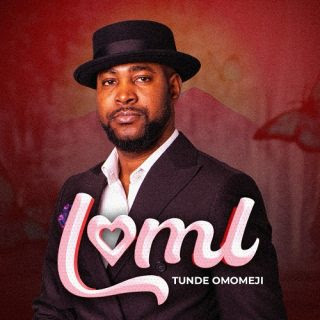The Perils of War Rhetoric in a Time of Peace: Insights from Jimoh Ibrahim

The Perils of War Rhetoric in a Time of Peace: Insights from Jimoh Ibrahim
In times of peace, the language we use has the power to build bridges or tear them down. For Nigerian business magnate and political thinker Jimoh Ibrahim, the use of warlike rhetoric in tranquil times is akin to mutiny against societal harmony. His critique goes beyond semantics—it’s a clarion call to reassess how we communicate, govern, and unite. In this article, we unpack Ibrahim’s argument and explore the broader implications of using warlike language in a peaceful society.
“War metaphors are powerful but misplaced when deployed during peacetime,” argues Ibrahim.
Human history is steeped in conflict, and the imagery of war often captivates because it stirs primal emotions. Politicians, media, and public figures have long borrowed from this arsenal of metaphors to energize their audiences. “We’re waging a war on poverty,” or “This is a battle for our future,” are phrases that resonate, but at what cost?
Jimoh Ibrahim warns that invoking warlike terms in peaceful contexts risks normalizing aggression and eroding the trust that sustains civil society. While these metaphors may inspire urgency, they also create divisive mentalities, framing societal issues as zero-sum games where one side must prevail over another.
“Peacetime should be a sanctuary, not a battlefield,” Ibrahim asserts.
Words matter—they shape perceptions and influence behavior. War rhetoric, even when used metaphorically, carries psychological baggage. It stokes fear, fosters suspicion, and can trigger anxiety among the populace. Ibrahim highlights how such language undermines the collective psyche, making it harder for communities to find common ground.
For example, framing political campaigns as “wars” pits citizens against one another rather than encouraging healthy debate. Similarly, describing economic challenges as “battles” might compel rash, short-term decisions at the expense of sustainable solutions.
“Governance is not combat; it is stewardship,” says Ibrahim.
One of the most troubling aspects of warlike language is its influence on governance. When leaders adopt combative rhetoric, they risk alienating those they serve. Ibrahim stresses that governing a peaceful society requires a collaborative, inclusive approach—not one where victory over perceived adversaries takes precedence.
Drawing from his experience as a businessman and politician, Ibrahim argues for a rhetoric of unity and progress. He believes that leaders must focus on building consensus, fostering innovation, and addressing grievances without resorting to polarizing language.
“The media is the amplifier of society’s voice; what it chooses to amplify matters,” Ibrahim notes.
The media, often called the fourth estate, wields immense power in shaping public discourse. According to Ibrahim, media outlets bear a responsibility to eschew sensationalism rooted in conflict-oriented language. He calls on journalists to resist the temptation of framing every issue as a battle or crisis.
Instead, Ibrahim advocates for solution-oriented reporting—stories that highlight collaboration, resilience, and innovation. By choosing words that uplift rather than incite, the media can play a pivotal role in guiding societies toward constructive dialogue.
“We must reimagine our lexicon for the times we live in,” Ibrahim challenges us.
If warlike language has no place in peacetime, what should replace it? Ibrahim envisions a linguistic shift that emphasizes cooperation, growth, and shared aspirations. This new vocabulary would celebrate diversity without division and address challenges without hostility.
For instance, rather than waging a “war on poverty,” leaders might speak of “eradicating poverty through empowerment.” Instead of a “battle for justice,” they could focus on “achieving justice through dialogue and reform.” Words shape realities, and Ibrahim urges a conscious effort to choose those that align with the ideals of peace and progress.
The language of war has long been woven into the fabric of human expression, but as Jimoh Ibrahim reminds us, it is a relic ill-suited for peacetime. To build thriving societies, we must replace combative rhetoric with words that heal, unite, and inspire.
In a world already fraught with division, every word matters. Whether as leaders, media professionals, or everyday citizens, the onus is on us to ensure that our words reflect the peace we seek to preserve. As Ibrahim aptly puts it, “The mutiny in our language ends when we choose harmony over hostility.”
Do you find Tmaq Media useful? Click here to give us five stars rating!




















